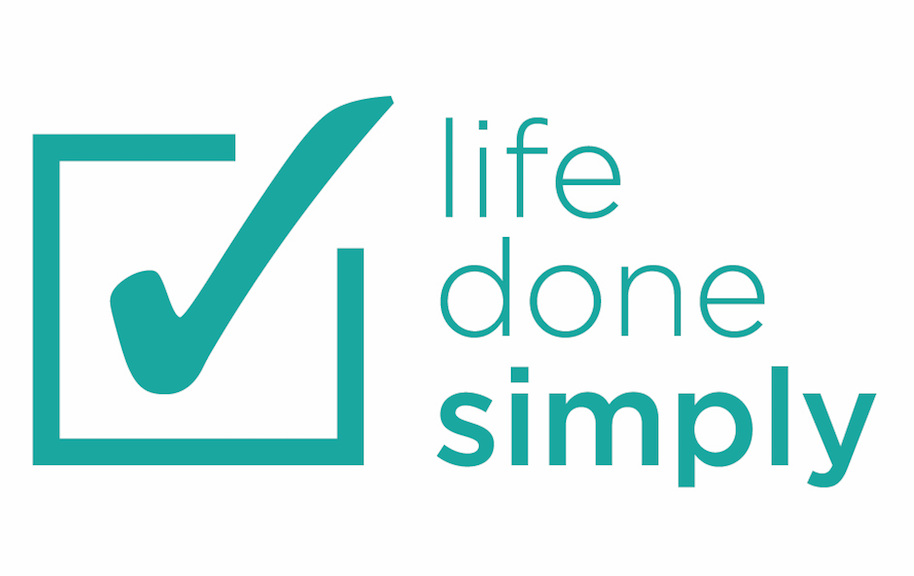How to minimize your environmental impact when decluttering and organizing
/When I first started practicing minimalism, I remember feeling awful about how much I had consumed in the past. As I slowly right-sized my home, I had to reevaluate my relationship with things, and the process uncovered a lot of guilt. My organized life was built on a delicate tower of plastic bins. I hadn’t thought about the lifecycle of my consumption or its ultimate cost. There was always another bin I could buy to “keep me organized.”
Getting organized isn’t just about categorizing things into clearly marked containers—It’s about forming a healthy relationship with our things, one where we can be mindful of how they impact ourselves and the world around us. It can be difficult to adjust this way of thinking, but it’s important to try.
In honor of the 50th Anniversary of Earth Day, I want to share some fundamental Reduce-Reuse-Recycle tips for decluttering and getting organized. When we’re making space in our homes, it’s essential that we also take time to consider our shared common space—Earth.
Reduce: Be mindful of what you need when organizing
Beautifully-designed containers have inspired many to declutter and organize, but it's important to remember that containers won't keep you organized! Instagram and Pinterest are full of gorgeous organizing ideas that could be a waste of time and money if implemented in your home.
Always conduct a thorough decluttering session before purchasing new organizing supplies. Spend time assessing how you and your family actually live in your space before you try to emulate something you saw at the Container Store.
Reuse: Shop your home for organizing containers
Old technology boxes and shoeboxes are great eco-friendly storage containers. Take inventory of your home and try to identify other containers that you are not using, like bowls, baskets, and jars.
Tip: For a more custom aesthetic you can wrap used boxes in craft or wrapping paper and Washi tape or ribbon.
Technology boxes are sturdy and perfect for organizing small items like office supplies.
Recycle: Search Earth911
Earth911 is the largest nationwide database connecting users to recycling programs in their communities and throughout the US. They can connect you to a recycling solution for everything from art supplies to yoga mats!
Tip: Contact your county environmental center to learn about periodic recycling collection events near you.
Donate, don't dump
Charitable donation facilities have limited resources, and they are trying to get your donations into the hands of those who need them as quickly as possible. When you drop off items that are dirty, worn out, or unusable, your gift becomes a burden to them. Before dropping off items at a donation facility, check their website to see which items they accept. Facilities will sometimes list other local resources for things they frequently have to turn away. Never dump your unwanted stuff outside of a donation facility! Items that are damaged by the environment cannot be recycled or repurposed.
Make a local impact
Nationwide charities might offer convenient donation drop-off times and locations, but take some time to do a quick online search for local charities that are often overlooked. Local charities often have a lower environmental impact and may get your donations into the hands of those who need them more quickly.
Tip: Use online search terms like "furniture bank," "recycle your books," "shelter donations," and "thrift store donations" when looking for local donation resources.
Be patient!
Set a reasonable goal. The next time you choose to declutter an area of your home, try to apply some Reduce-Reuse-Recycle principles. Don't aim for perfection; aim for change!
Aimee Olson of Life Done Simply is a Productivity and Organizing Coach and is a member of the National Association of Productivity & Organizing Professionals (NAPO).






